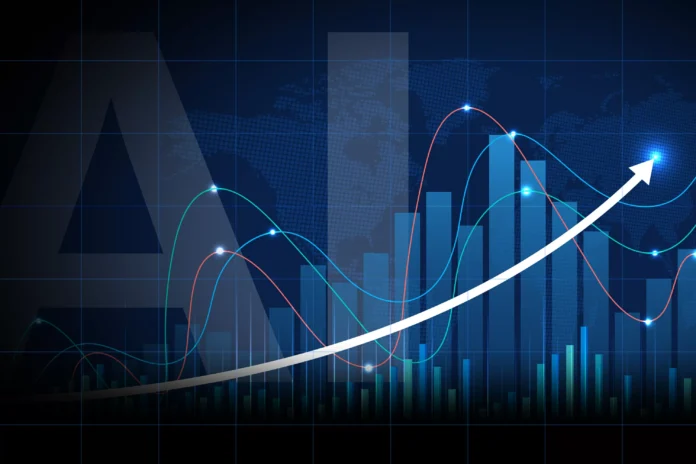Daron Acemoglu, a renowned economist and Nobel laureate, has dedicated his career to studying technology-driven growth and its impact on the economy. With the rise of artificial intelligence (AI), his work has become more relevant than ever before. In this article, we will explore Acemoglu’s thoughts on the effect of AI on the economy and how he believes it will shape our future.
Acemoglu, a professor at the Massachusetts Institute of Technology (MIT), has been studying the relationship between technology and economic growth for over two decades. His research has focused on understanding how technological advancements, such as automation and robotics, have influenced economic development and inequality.
As AI continues to advance at a rapid pace, many have raised concerns about its potential impact on the job market. However, Acemoglu believes that the effects of AI on the economy will be more complex and nuanced than simply replacing human workers with machines. In an interview with MIT News, he stated, “AI will have a transformative effect on the economy, but it’s not going to be a simple substitution of machines for labor.”
Acemoglu argues that AI will lead to a restructuring of the economy, with new jobs being created in areas such as data analysis, programming, and machine learning. These jobs will require a different set of skills and education, and it is crucial for individuals and governments to adapt to this changing landscape.
One of the key concerns surrounding AI is the potential for it to widen the gap between the rich and the poor. Acemoglu acknowledges this concern but believes that it can be mitigated through policies and investments that promote education and training. He also emphasizes the importance of ensuring that the benefits of AI are distributed equitably across society.
In his research, Acemoglu has also explored the role of institutions in shaping the impact of technology on the economy. He argues that strong institutions, such as a well-functioning government and a fair legal system, are essential for harnessing the potential of AI and ensuring that it benefits society as a whole.
Acemoglu also highlights the need for regulations to govern the development and use of AI. He believes that without proper regulations, there is a risk of AI being used for harmful purposes, such as perpetuating discrimination or violating privacy rights. He advocates for a balance between innovation and regulation, stating, “We need to make sure that we are not stifling innovation, but at the same time, we need to make sure that the benefits of AI are not just going to a few companies or individuals.”
Another aspect that Acemoglu focuses on is the potential for AI to exacerbate existing societal issues. For example, he points out that AI algorithms can perpetuate biases if they are trained on biased data. He believes that it is crucial for developers to be aware of these issues and to actively work towards creating fair and unbiased AI systems.
Despite these challenges, Acemoglu remains optimistic about the potential of AI to drive economic growth and improve our lives. He believes that with the right policies and investments, AI can lead to a more productive and inclusive economy. In an interview with Vox, he stated, “I think there’s a lot of potential for AI to do good, but it’s not going to happen automatically. We need to make sure that we’re doing it in the right way.”
In conclusion, Daron Acemoglu’s research and insights on technology-driven growth and AI provide valuable perspectives on the future of our economy. He reminds us that while AI may bring about significant changes, it is up to us as individuals, institutions, and governments to shape its impact for the better. As we continue to embrace and integrate AI into our lives, let us remember Acemoglu’s words and work towards harnessing its potential for the benefit of all.

